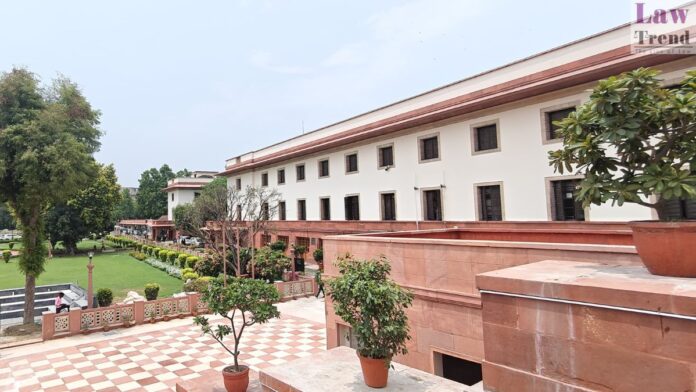In a notable judgment, the Supreme Court of India permitted the compounding of a non-compoundable offence under Section 326 of the Indian Penal Code (IPC), emphasizing the need for judicial discretion in exceptional cases. The case, H.N. Pandakumar vs. State of Karnataka [M.A. No. 2667 of 2024 in SLP(Crl.) No. 895 of 2024], was decided
To Read More Please Subscribe to VIP Membership for Unlimited Access to All the Articles, Download Available Copies of Judgments/Order, Acess to Central/State Bare Acts, Advertisement Free Content, Access to More than 4000 Legal Drafts( Readymade Editable Formats of Suits, Petitions, Writs, Legal Notices, Divorce Petitions, 138 Notices, Bail Applications etc.) in Hindi and English.




